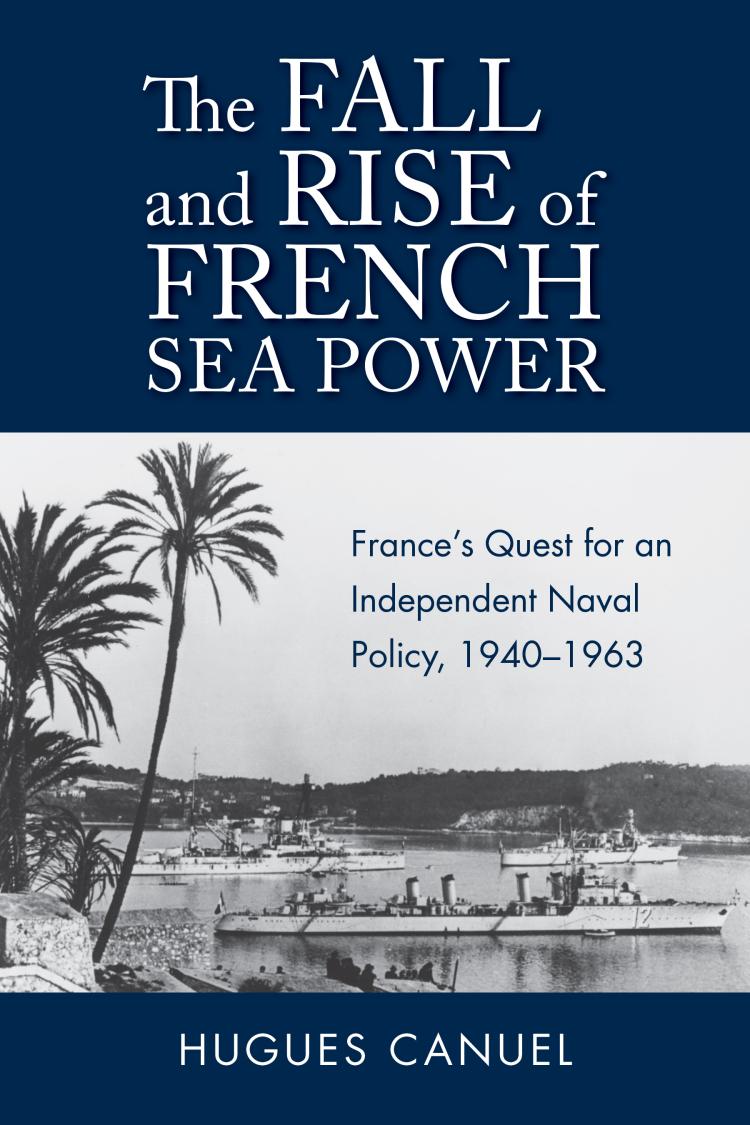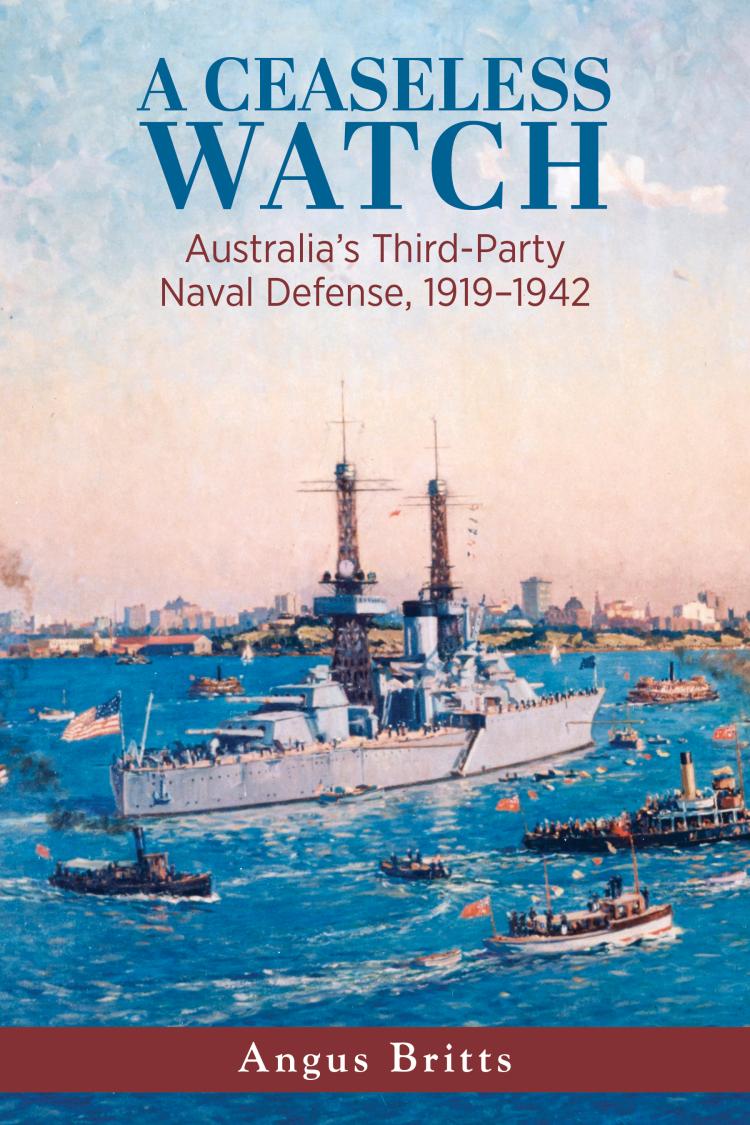The Fall and Rise of French Sea Power
- Subject: World War II
- Format:
Hardcover
- Pages:
368pages
- Illustrations:
15 b/w photos, 14 tables, 1 b/w map
- Published:
April 15, 2021
- ISBN-10:
1682476162
- ISBN-13:
9781682476161
- Product Dimensions:
9 × 6 × 1 in
- Product Weight:
24 oz
Overview
The Fall and Rise of French Sea Power explores the renewal of French naval power from the fall of France in 1940 through the first two decades of the Cold War. The Marine nationale continued fighting after the Armistice, a service divided against itself. The destruction of French sea power—at the hands of the Allies, the Axis, and fratricidal confrontations in the colonies—continued unabated until the scuttling of the Vichy fleet in 1942. And yet, just over twenty years after this dark day, Charles de Gaulle announced a plan to complement the country’s nuclear deterrent with a force of nuclear-powered, ballistic missile-carrying submarines. Completing the rebuilding effort that followed the nadir in Toulon, this force provided the means to make the Marine nationale a fully-fledged blue-water navy again, ready to face the complex circumstances of the Cold War.
Hugues Canuel demonstrates that the renaissance of French sea power was shaped by a naval policy formulated within a strategy of alliance closely adapted to the needs of a continental state with worldwide interests. This work fills a distinct void in the literature concerned with the evolution of naval affairs from World War II to the 1960s. The author, drawing upon extensive research through French, British, American, and NATO archives (including those made public only recently regarding the sensitive circumstances surrounding the French nuclear deterrent) maps out for readers the unique path adopted in France to rebuild a blue-water fleet during unprecedented circumstances.
About the Author
Editorial Reviews
“This manuscript provides an interesting contribution to the field of French naval history on the second half of the twentieth century. It also provides a stimulating contribution for anyone who is interested in continental and medium powers naval policy. This is an original and relevant reappraisal of France naval renewal after the 1940’s major collapse.” —Jean de Préneuf, senior lecturer, University of Lille, Head of the Research Division, Service historique de la Défense (Paris)
“It is a major contribution to the field. French naval policy is a neglected subject in English and there is a great need for this book. Its theme is the difficulties France faced after 1940 in establishing a naval policy that combined some national independence with a necessary reliance on Allies and in the context of serious resource constraints. There is nothing like this in English. It is a ground breaking work.” —Eric Grove, Former Professor of Naval History at Salford and Liverpool Hope Universities
“Hugues Canuel has provided us with a superb and much-needed English-language study on the Phoenix that was the Cold War Marine nationale. The evolution of a navy from rusted obsolete hulks and shattered morale to one that could operate globally in support of overseas operations and incorporate strategic nuclear weapons into its force structure is nothing short of astounding. Strongly recommended.” —Sean M. Maloney, Professor of History, Royal Military College and author of Securing Command of the Sea: NATO Naval Planning, 1948-1954
“Highly recommended reading.” —Marine Forum
“The Fall and Rise of French Sea Power shows the twists and turns year after year that the French naval officers had to maneuver, and comply with the Allies during World War II and at the onset of the Cold War. For countries that have a fledgling navy, this is an excellent read, to witness how a small devastated navy can still be useful to its allies, and turn into a formidable one with the will to rebuild itself back to its glory days, armed with the humility to seek and maintain long-term alliances. Like many small nations that are Army-centric within the department of defense, having only one Naval officer, or none at all, to provide a naval perspective, this book will open their eyes to the utmost importance of having a strong Navy fleet with combined Air power to address external threats. It is a basic naval strategy worth applying for control and deterrence.” —The Maritime Review
“Captain Canuel is to be commended for producing an interesting and exceptionally comprehensive study … [It’s] an excellent and authoritative book of reference in one, important element of Cold War history.” —The Naval Review
“The Fall and Rise of French Sea Power is a model service study that belongs in seminars addressing defense studies and strategy, as well as French, Cold War, or naval history, with readers enjoying its direct writing, detailed research, and lucid argument.” —The Journal of Military History
“A compelling story in its own right, Hugues Canuel's new book is a lucid and persuasive case study in maritime power, offering a rare analysis of key national security issues of France in the mid-twentieth century.” —Michigan War Studies Review










